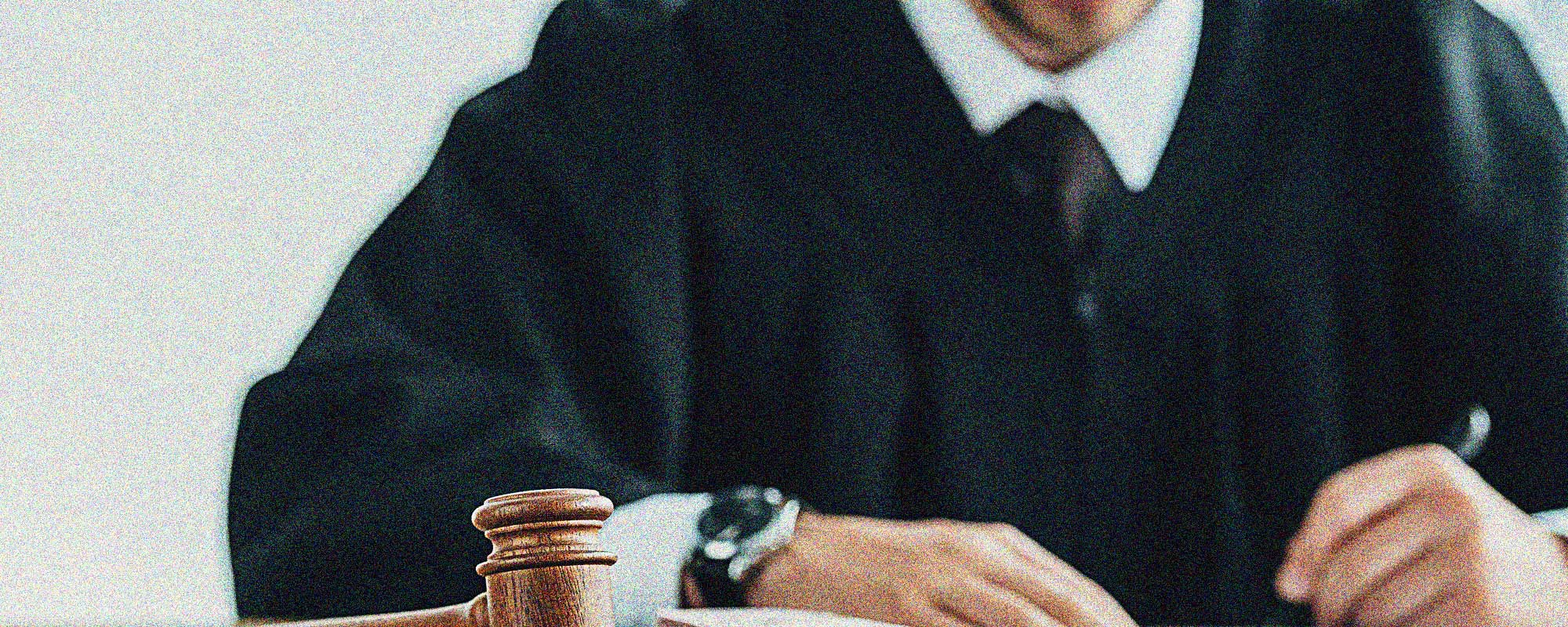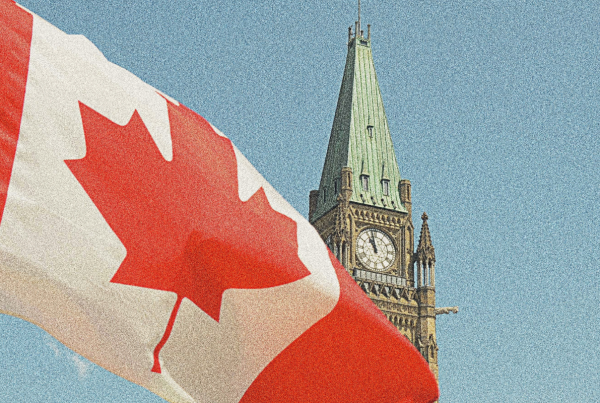Le 28 juillet 2023, la Cour suprême du Canada a rendu sa décision dans R. c. Kahsai, 2023 CSC 20. M. Kahsai a été accusé d'infractions criminelles et a choisi de ne pas être représenté par un avocat lors de son procès. Le juge du procès a désigné un avocat pour assister le tribunal pendant le procès, appelé un amicus. Le rôle de amicus est déterminé par le tribunal, ils ne représentent pas l'accusé. En appel, M. Kahsai a soutenu qu'il y avait eu une erreur judiciaire en partie parce que le rôle attribué à amicus n’impliquait pas de prendre des mesures ou de présenter des arguments qu’un avocat de la défense aurait pu présenter. La Cour suprême a statué qu'il n'y avait pas eu d'erreur judiciaire et a expliqué le rôle amicus peut jouer dans les cas où un accusé n’est pas représenté. La Cour s'est appuyée sur les arguments de l'ACLC et d'autres intervenants.
L'équité d'un procès au Canada dépend, en partie, d'une procédure contradictoire. Cela signifie que la poursuite, qui représente la Couronne, et la défense, qui représente l'accusé, présentent et défendent leur cause. La Couronne et la défense sont généralement représentées par des avocats. S’il n’y a pas d’avocat pour la défense et que l’accusé ne défend pas sa cause, le procès risque d’être inéquitable. Certaines parties de la preuve ou du droit pourraient ne pas être abordées, et le tableau qui se dégagera du procès pourrait être incomplet ou inexact.
Un accusé peut ne pas avoir d’avocat pour de nombreuses raisons différentes, notamment s’il a d’importants problèmes mentaux, comportementaux ou cognitifs. Dans le même temps, un accusé a le droit constitutionnel de décider comment présenter et argumenter sa cause. Une question centrale dans Kahsaï était de savoir comment équilibrer équitablement ces considérations lorsqu'un accusé n'est pas représenté par un avocat et qu'un tribunal nomme amicus.
Comme l'a soutenu l'ACLC et comme l'a expliqué la Cour suprême aux paragraphes 45 et 64, le rôle de amicus peut être adapté et adapté aux besoins d’un cas individuel :
[45] Le droit de l’accusé de contrôler sa propre défense restreint les fonctions contradictoires quiamicuspeut supposer. Comme l'a souligné l'intervenante l'Association canadienne des libertés civiles, amicusne peut pas présenter d’arguments ni chercher à obtenir des éléments de preuve qui contrediraient les moyens de défense ou les théories soulevés par l’accusé (voir SI, à la p. 8). Dans le même temps, le choix du défendeur de se représenter lui-même n'empêchera pasamicusde supposertout rôle contradictoire, car le droit de contrôler sa propre défense ne donne pas à l'accusé le droit de déterminer l'assistance dont le tribunal a besoin. […]
[64] En résumé, dans la grande majorité des cas, les responsabilités du juge du procès et de la Couronne suffiront à garantir l’équité du procès. Une fois qu'il est déterminé queamicus est nécessaire, le juge du procès conserve un large pouvoir discrétionnaire pour nommeramicusavec des fonctions qui répondent aux besoins d'un cas. Cela peut inclure des fonctions contradictoires lorsque cela est nécessaire pour l’équité du procès – par exemple, pour rétablir l’équilibre dans une procédure lorsqu’un accusé choisit de se représenter lui-même et ne présente aucune défense valable. En adaptant la portée du rôle duamicus, le juge considérera la nature du rôle deamicus en tant qu'ami du tribunal et les circonstances d'une affaire, y compris la manière dont l'accusé exerce ses droits constitutionnels et ce qui est nécessaire pour garantir un procès équitable. Bien qu'il existe des limites nécessaires aux fonctions contradictoires quiamicuspeut fonctionner, la portée est suffisamment large pour tenir compte de ce qui est nécessaire à l’équité du procès dans une affaire particulière.
Vous pouvez lire la décision de la Cour suprêmeICI et le mémoire de l'ACLCICI.
L'ACLC remercie Sarah Rankin et Heather Ferg de McKay Ferg LLP pour leur excellent pro bono représentation dans ce cas.
À propos de l’association canadienne sur les libertés civiles
L’ACLC est un organisme indépendant à but non lucratif qui compte des sympathisant.e.s dans tout le pays. Fondé en 1964, c’est un organisme qui œuvre à l’échelle du Canada à la protection des droits et des libertés civiles de toute sa population.
Pour les médias
Pour d'autres commentaires, veuillez nous contacter à media@ccla.org.
Pour les mises à jour en direct
Veuillez continuer à vous référer à cette page et à nos plateformes de médias sociaux. On est dessus Instagram, Facebook, et Twitter.





